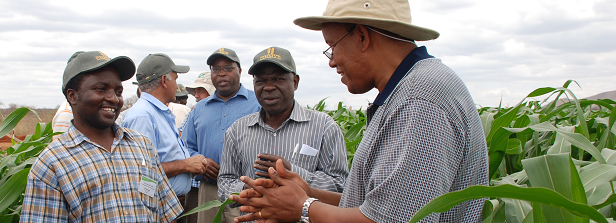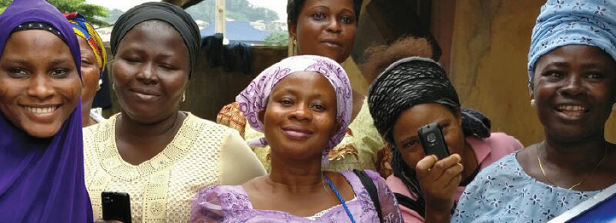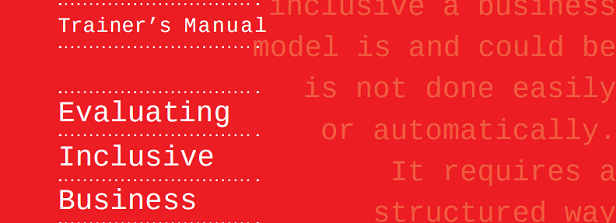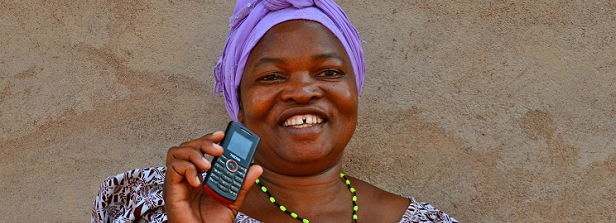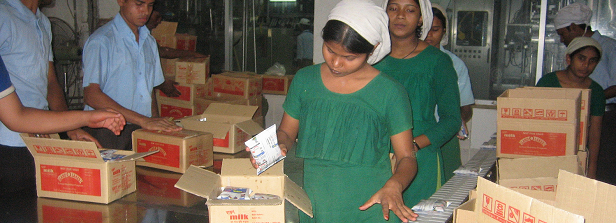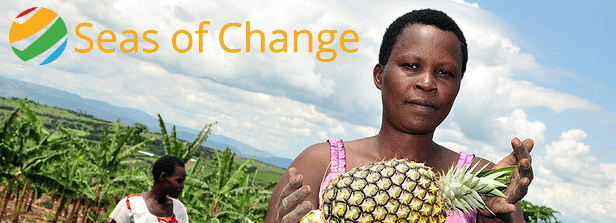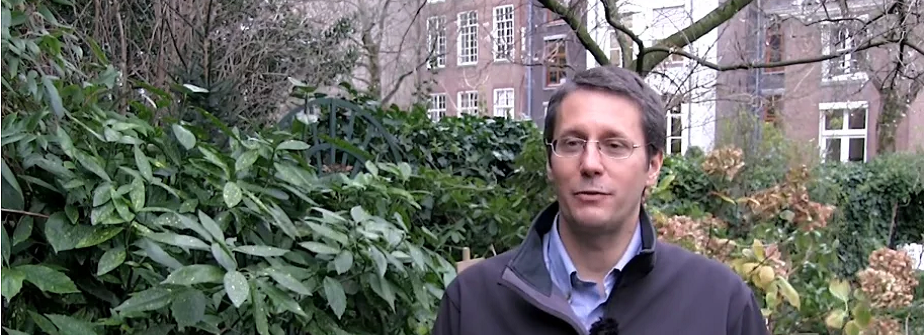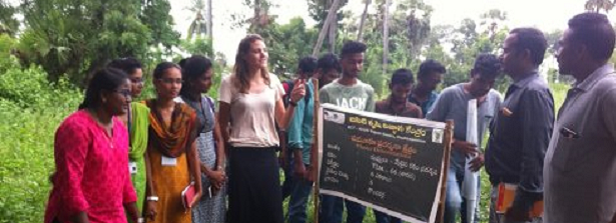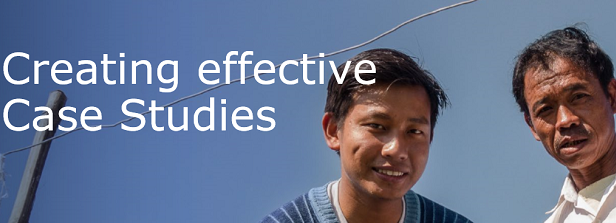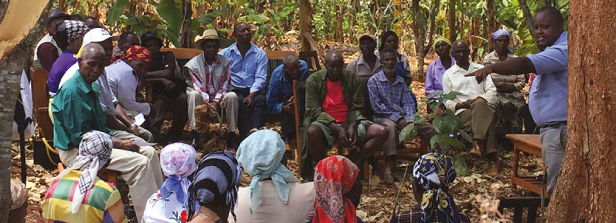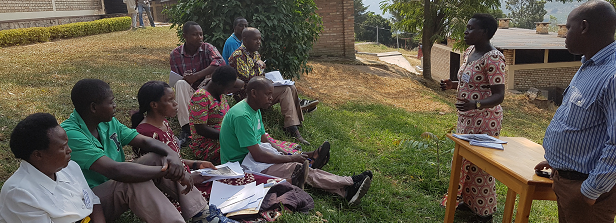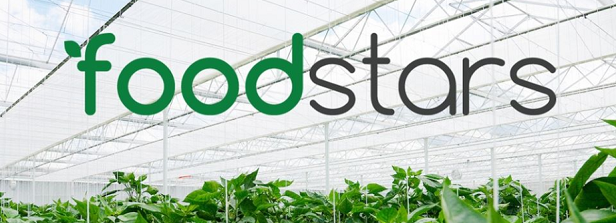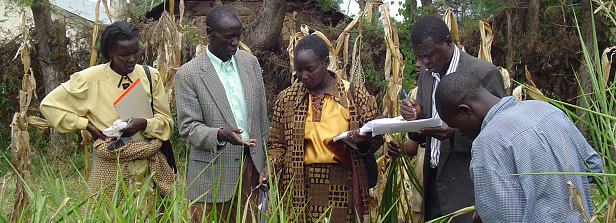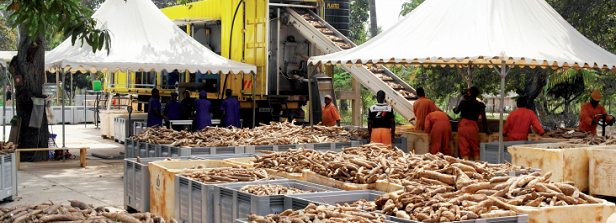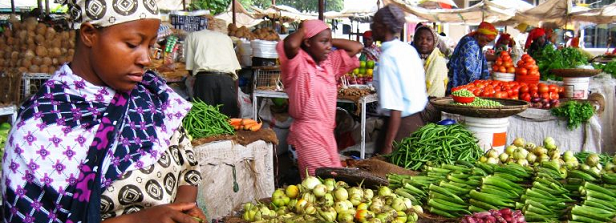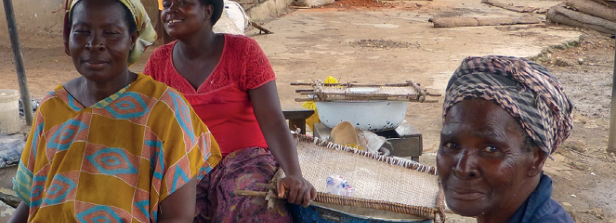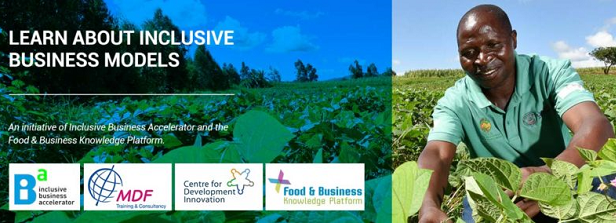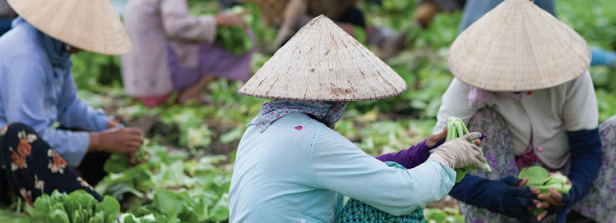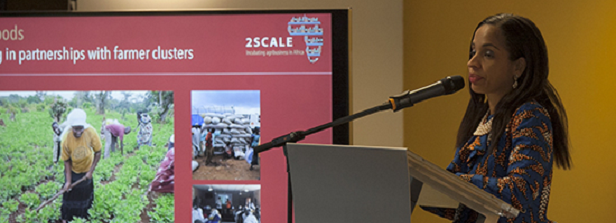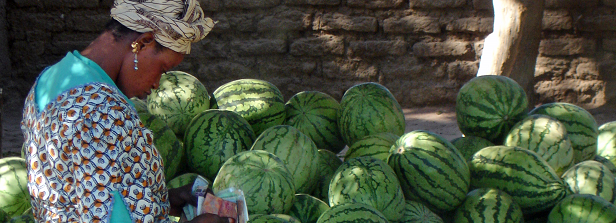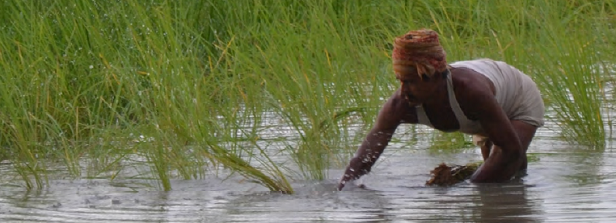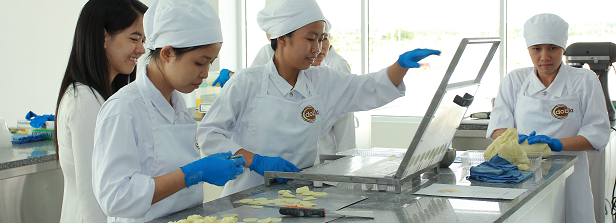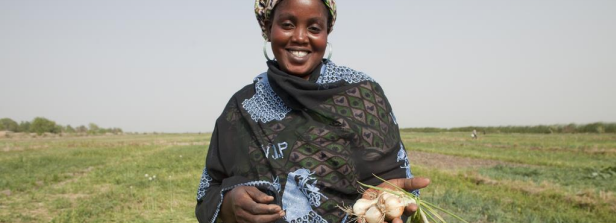Inclusive Business for Food Security
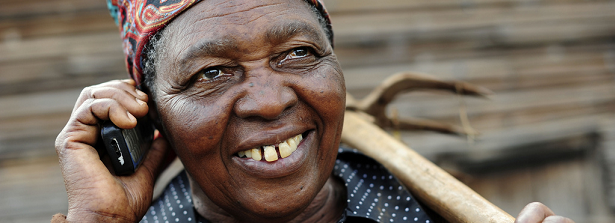
Inclusive business and agriculture
The role of farmers, both large and small, in developing countries and emerging economies in achieving food security worldwide cannot be overestimated. It is, however, often very difficult to earn a living through farming in those countries. The same goes for other businesses that depend on inputs from agricultural value chains and access to agri-food markets. Can we find models in which farmers and businesses increasingly profit from existing and future business opportunities to increase farm productivity and farmer income? In other words: how can business in agricultural value chains and agri-food markets become more inclusive? There are emerging models and practices that show it is possible.
There is a growing community worldwide that advocates the application of inclusive business models in agri-food markets. This community bases its plea on successful examples of inclusive business practice in Africa, Asia and Latin-America. The number of these examples is growing. This also includes the Netherlands, for example through the works of the BoP Innovation Center.
From the private sector, there is also increasing interest among companies that are open to integrating inclusive business models in their own business. These include both local companies as well as large multinationals whose level of investment in developing countries and emerging economies is growing.
Knowledge agenda
The assumption is that inclusive business will make it less difficult for farmers and businesses in agriculture to make a living and, at the same time, will stimulate food and nutrition security and the inclusiveness of food markets. However, the real impact on food security and food markets is still not clear. Therefore, the F&BKP will focus on knowledge development, sharing and deepening the knowledge in the following areas:
- Answer knowledge questions on the potential contribution of inclusive business to food security and pro-poor development. The main focus area will be answering knowledge questions to which the answers will contribute to long-term access to affordable, safe and nutritious food for vulnerable and resource-poor populations of developing countries and emerging economies.
- Encourage scientific research and innovation projects focussing on addressing bottlenecks to food security and private sector development through the application of inclusive business models. In this regard, it is encouraging that NWO-WOTRO has opened a call for proposals of the Global Challenge Program, which partly focuses on inclusive business models. Inter- and/or trans- disciplinary research proposals should be submitted by teams of researchers and other public/private partners from both the Netherlands and at least one Lower or Middle Income Country. This call would particularly like to invite private enterprises working together with research consortia.
- Promote the exchange of experiences between local stakeholders and international business community. The F&BKP is also a platform on which inclusive business initiatives and programmes will organize a learning process and deepen knowledge development. The sharing of experiences and comparing them with others is important to improve current inclusive business initiatives. Seas of Change is an example of a network that is active in knowledge sharing within the F&BKP and is involving inclusive business practitioners from all over the world.
Role of the F&BKP
The F&BKP will give international networks and organizations the tools to share and discuss new insights, approaches, lessons learned and best practices. These will be in the form of online debates, papers and reports, as well as expert meetings and conferences. The Platform will reflect on Dutch and international policies, for example, by debating the assumptions that underline them.
The aim is to identify innovative inclusive business models and practice. There are links with the theme ‘Partnerships’, where the F&BKP also showcases best practices on inclusive partnership models and impact measurement on the website. Finally, the F&BKP supports networks to define their own knowledge agenda and to support future research calls.
